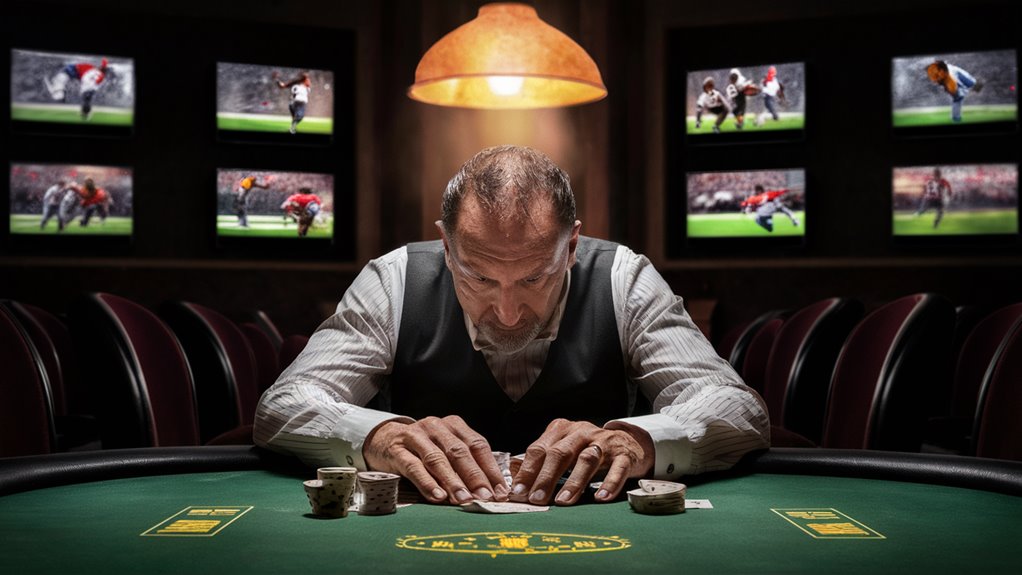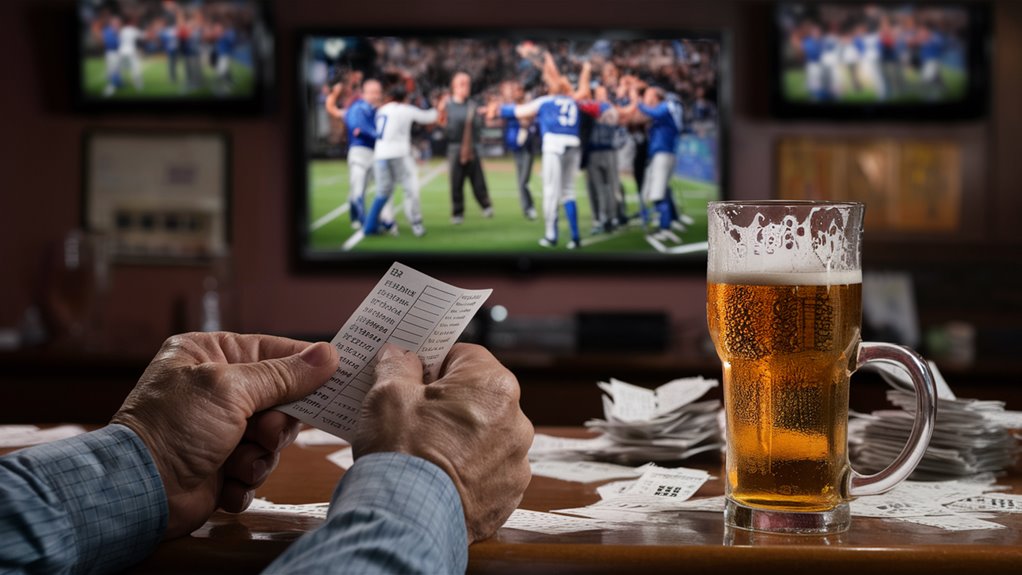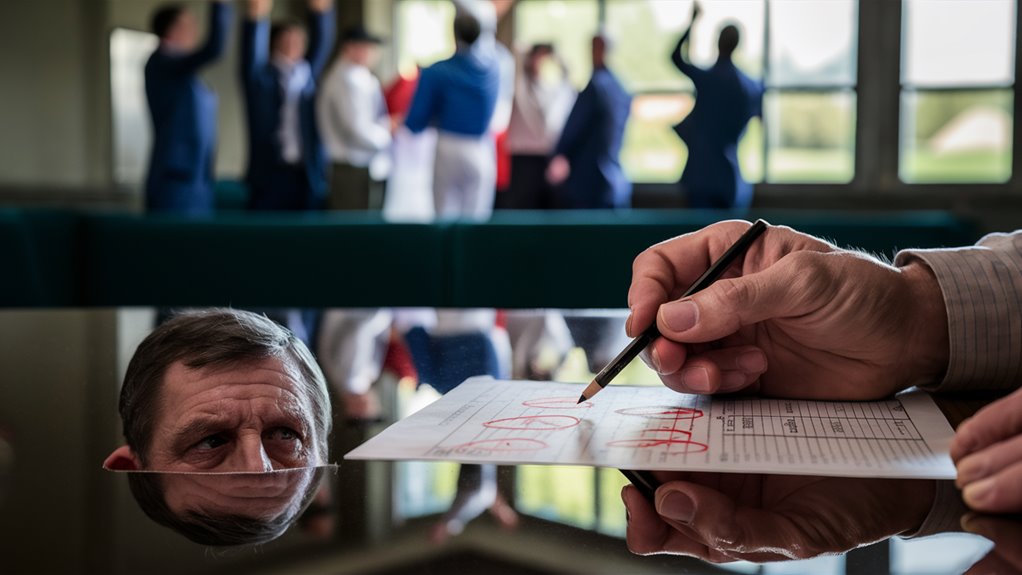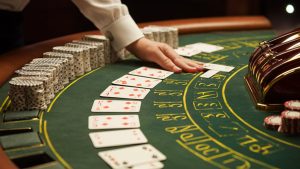
Why We Root for the Underdog

Our Mind at Work
When we back underdogs, heart and mind tricks lead more than cold facts. Prospect theory points out joy in unexpected wins while dopamine release makes us risk more. The affect heuristic changes how bettors view tough odds.
Tricks in Our Head and Odds
Mental biases twist how bettors see underdog shots. Studies find our minds give less chance more weight, so we see risk wrong. Availability bias and confirmation bias can make us think underdogs have a 20% better shot to win than true odds.
How Culture and Society Shape Us
Cultural ties and deep social tales bind us to underdog teams or players. These mind and act blends affect how we bet and take risks.
The Lure of Long Shots
Long shot betting and choosing underdogs – seen with less than a 50% win chance – pull at our hearts. This draw is from core mind tricks, mainly the prospect theory’s value function, which shows how surprise wins thrill us more than sure wins.
The Tendency to Pick Long Shots
The favorite-longshot bias is a known trend where players like long shots too much and faves too little. Our minds often prize tiny chances too much, while lessening medium to high chances.
The Dream of Huge Wins
A key push in long shot bets is the dream premium – the heart value we place on big wins over small game bets. Brain studies with fMRI show brain feel-good spots light up when thinking of huge underdog wins https://maxpixels.net/
The Heart Pull of Long Shot Bets
Why We Love the Underdog
Long shot betting and picking underdogs pull at our hearts. This comes from basic mind tricks, like the prospect theory’s value function.
The Tendency to Pick Long Shots
The favorite-longshot bias shows players valuing long shots too much, faves too little. Our brains often prize tiny chances too much.
The Dream of Huge Wins
A big push in long shot bets is the dream premium – the heart value we place on big cash gains over tiny bets. Brain studies with fMRI light up brain joy spots when we think of big underdog wins.
Understanding Risk and Joy in Bets
Our Brains and Risk
The link between betting action and joy feels goes much beyond simple odds. The brain’s joy system gives out more dopamine during unsure bets than sure ones.
The Double Fun of Bets
- Money Rewards: The cash you get from a good underdog bet.
- Emotional Highs: The strong joy from beating the odds.
How Betting Works in the Brain
Behavior studies show that betting on risks lights up brain bits like other fun acts. This bond stays strong in thrill-seekers.
How Our Place and Who We Are Affect Bets
Social identity theory matters a lot in sports bets, mainly when cheering for underdogs.
How Our Social Selves Change Our Bets

The Mental Side of Cheering Underdogs
Social identity theory affects sports betting lots, especially in backing underdogs.
Who Bets and Why
Who we are shows in steady backing trends for underdogs from groups with little.
When the World Watches, Betting Shifts
Identity-based bets become key in big matches and when teams have big cash gaps.
Understanding How Our Minds Mislead Us in Sports Betting: The Underdog Draw
What Shapes Our Underdog Bets
Mind tricks truly shape our view and choices in underdog team bets, often steering us wrong.
How We Take In Info and Feel About It
Confirmation bias twists how bettors take in info on underdog teams. They hold and use data that backs their underdog likes but ignore what doesn’t help.
Better Thoughts in Underdog Bets and Our Mistakes
- We remember big upsets well.
- the Next 5 Years
- We connect to underdog tales.
Knowing Odds vs. Feelings in Bets
The Mental Side of Underdog Bets
Stats show that how we feel changes how we view odds in sports betting.
The Gap Between Odds and Feelings
Number checks show a clear gap between what we think and real odds in bets.
Better Bets Through Stats
- Past game data.
- Player numbers.
- Market odd checks.
- How trends happen.
- Head-to-head game facts.


